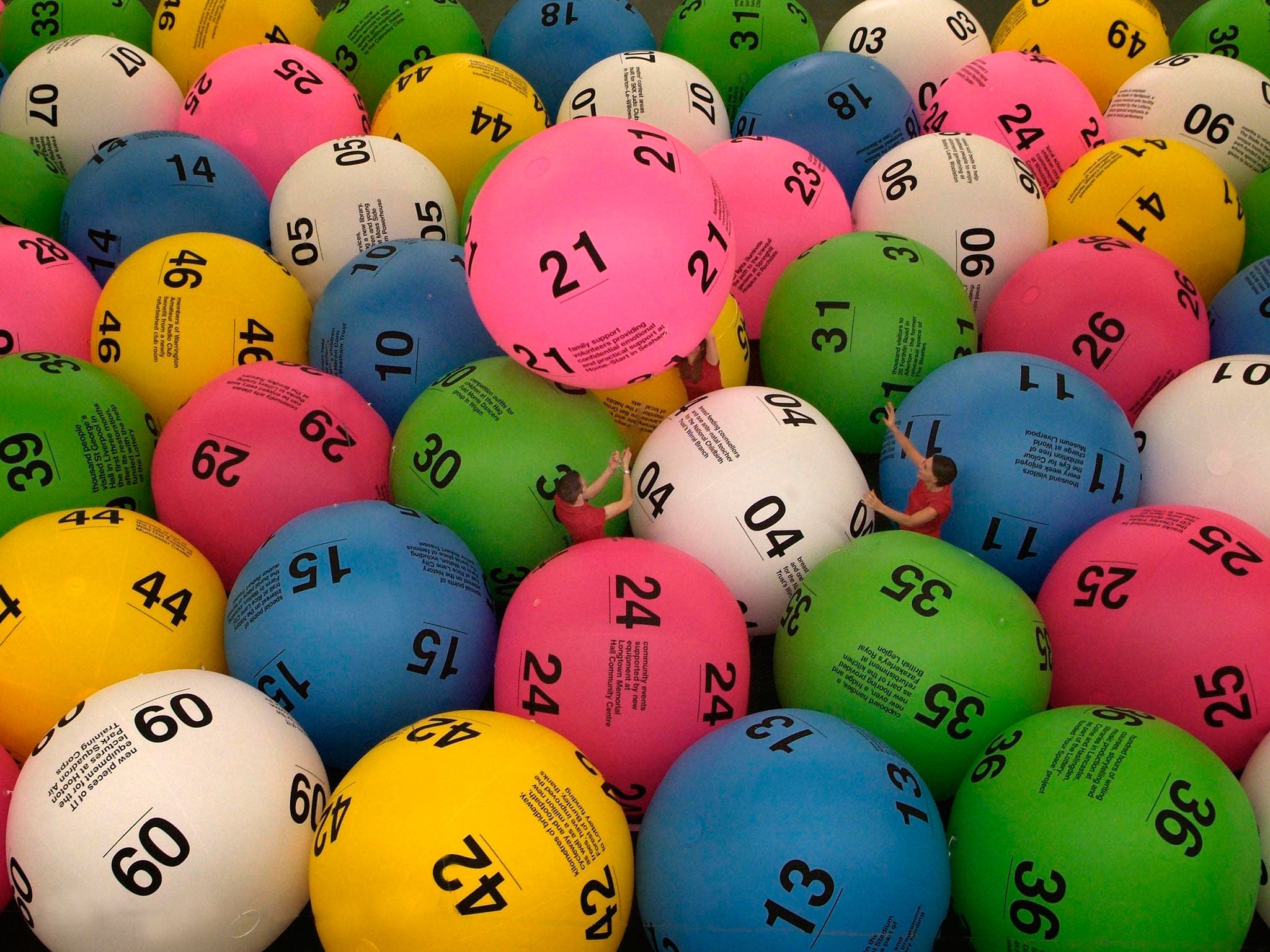
The drawing is a type of gaming where participants buy out tickets in the hopes of successful a large sum of money or other prizes. While lotteries have been around for centuries, the Bodoni font edition of the lottery as we know it nowadays first emerged in the 1960s and has since become a intercontinental phenomenon. However, despite its popularity, the drawing has also been met with arguing and criticism. In this article, we will dig in into the excitement and disputation wall in the drawing.
The concept of the lottery is quite simple- participants buy a ticket with a set of numbers racket, and if their numbers game play off the ones drawn, they win a prize. The appreciate can range from moderate cash prizes to life-changing amounts of money. The exhilaration of the drawing lies in the possibility of successful a vauntingly sum of money with the mere buy up of a ticket. This creates a tactile sensation of hope and prevision amongst participants, as anyone can be a victor.
Lotteries have also been used as a way to upraise cash in hand for various purposes, such as for schools, charities, and politics projects. In fact, the first registered drawing was held in ancient China in 205 BC to finance the twist of the Great Wall. Today, many countries have their own subject lotteries, which contribute considerable amounts to their various economies.
However, with the excitement of the lottery comes controversy. One of the main criticisms of the หวย24 is that it preys on the commercial enterprise of low-income individuals. These individuals often see the lottery as their only chance of up their business enterprise state of affairs. The odds of winning the lottery are unbelievably slim, and many reason that the drawing is merely a form of victimization as it targets weak individuals.
Moreover, there have been instances of lottery dependance, where individuals become used-up by the idea of winning and spend undue amounts of money on tickets. This can lead to fiscal ruin and other negative impacts on the person’s life. Critics argue that the drawing promotes unhealthful gaming habits and can be damaging to high society overall.
Furthermore, the way the drawing is marketed and publicized has also been a subject of argument. Many argue that the use of tempting slogans and images of winners celebrating promotes false hopes and false expectations. The drawing is often seen as a quickly and easy way to accomplish wealthiness, which can be damaging to individuals who may become controlled with the idea of winning.
There have also been instances of lottery role playe, where individuals exact to have winning tickets or manipulate the system to win. This has led to calls for more transparence and rule in the drawing industry to insure fair play and prevent dishonest activities.
In reply to the criticism and controversies, some governments have introduced measures to address these issues. For instance, the lottery in the United Kingdom donates a allot of their profits to various charitable causes. There are also regulations in point to keep immoderate merchandising and to cater resources for individuals struggling with gaming habituation.
In ending, the drawing continues to be a nonclassical form of gambling, offering the thrill of a chance at winning life-changing sums of money. However, it is not without controversy and criticism, with concerns over its touch on vulnerable individuals and high society as a whole. As with any form of play, causative participation and regulation are material to avoid harmful consequences.
